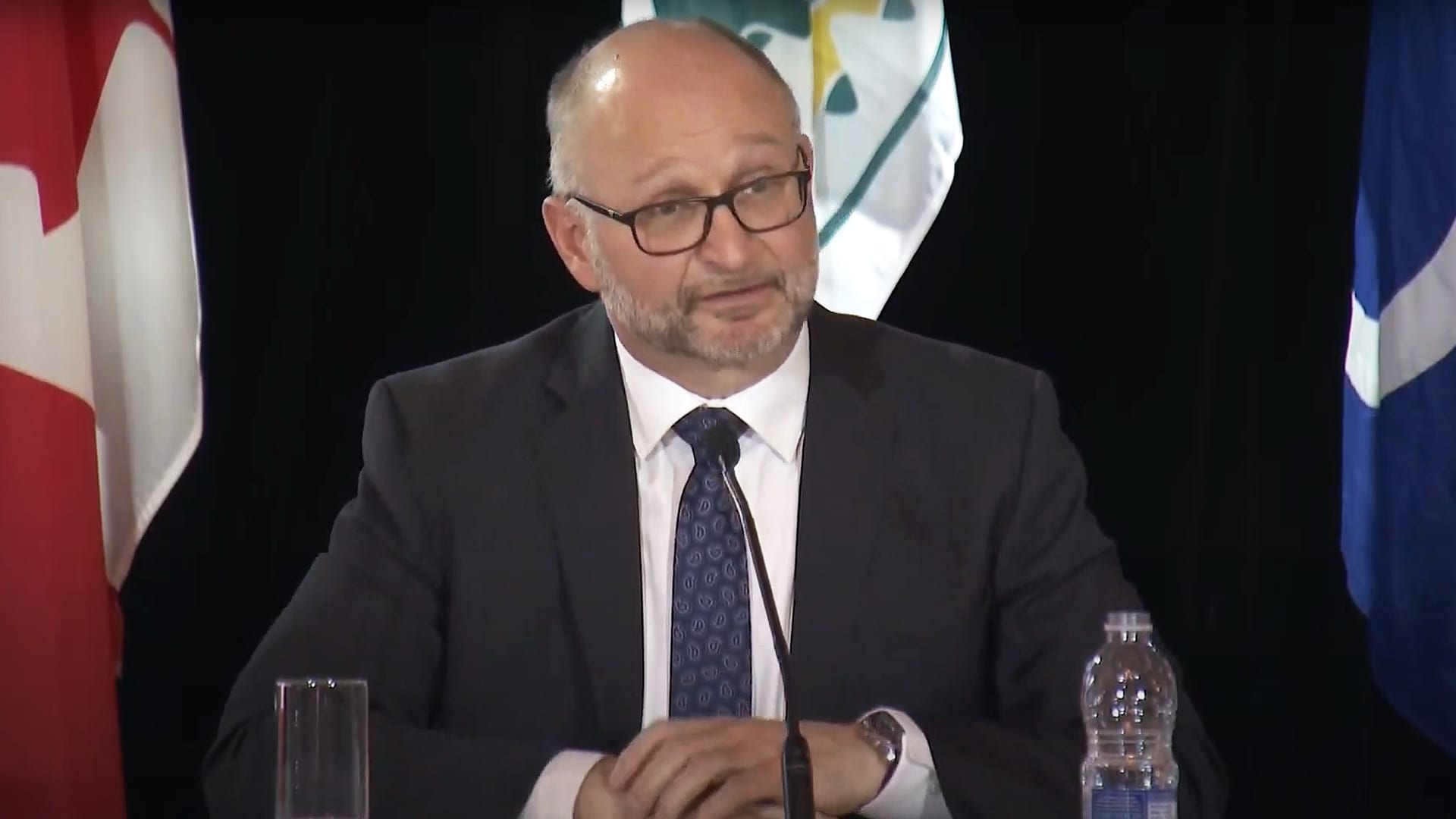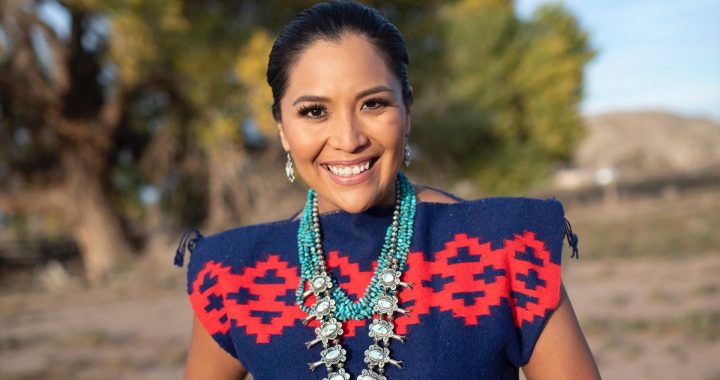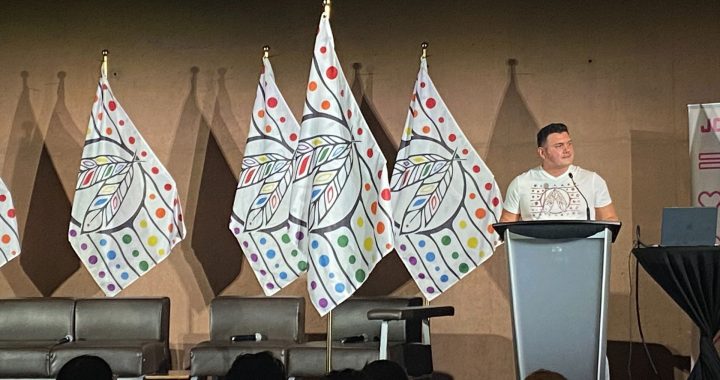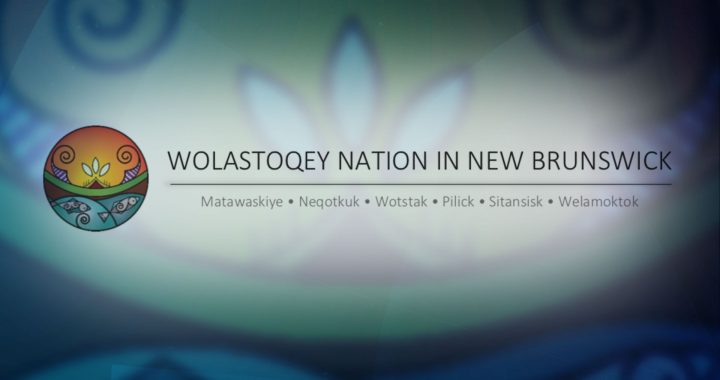A lawyer from Samson Cree Nation says the federal pledge of $10 million in support of Indigenous law initiatives to implement the TRC calls to action will help repair harms done in the past.
“So much was taken away from Indigenous people. Revitalizing laws we can breathe life back into our nations and our societies,” said Koren Lightning-Earle a lawyer from the Samson Cree Nation in Treaty 6 territory in Alberta.
“We can repair the harms and create stronger nations. We can honor our histories and our ancestors.”
She said Indigenous peoples bear the duality of following both Canadian and Indigenous laws every day.
On Monday, Justice Minister David Lametti reintroduced the money first announced in the 2019 budget in response to TRC call to action #50.
Lametti said programs have been approved and are now underway across the country.
“I am keenly excited about the 21 projects we are partnering in and investing in,” Lametti said at a virtual press conference. “They will help advance the cause of reconciliation and they will help build a new path forward that focuses on the needs, the promise and the potential of all Indigenous peoples.”
The TRC call to action requires the federal government, in collaboration with Indigenous peoples, “to fund the establishment of Indigenous law institutes for the development, use, and understanding of Indigenous laws and access to justice in accordance with the unique cultures of Aboriginal peoples in Canada.”

The 21 approved projects will focus on research activities, workshops and other initiatives that are seen to best fit the diverse needs of communities.
Lametti said several projects involve partnerships with law schools and other legal stakeholders having the goal of researching and developing governance laws based to traditional Indigenous justice.
Other projects will be focusing on creating a written record of ancestral wisdom and knowledge gathered from elders and knowledge keepers.
Hadley Friedland is a co-founder of the Wahkohtowin Law and Governance Lodge, founded in 2018, the organization leading the law projects and based out of the University of Alberta.
An assistant professor at the university’s law faculty, Friedland said she was approached by Indigenous communities and organizations who were asking for a research centre to be established.
“We look forward to continuing the work of supporting and upholding the laws of First Nations, Inuit and Métis people,” Friedland said.
She added the government funding has enabled the organization to broaden the scope of their work and make their resources more accessible.
So far more than 50 Indigenous and law professionals and leaders have been involved in projects across the country.
One of the nations that has been working with the group for the past two years is the Aseniwuche Winewak Nation.
Tom McDonald is the president of the group in Alberta and said his Nation has never lived under the Indian Act and governance has always been a hot topic and it was feared that issues such as membership would divide the nation.
Known as the “mountain people”, the Aseniquche Winewak connected with Wahkohtowin because they wanted to develop a law reflecting their identity and core values.
“Going about it this way with our working group and the Wahkohtowin lodge team, we have worked toward greater unity by affirming our shared values and the ongoing value of our own way of life. We know who we are,” McDonald said at the Monday press conference.
The minister of Indigenous Services Canada, Marc Miller said it gives him great hope that Indigenous traditions on lands, legislative drafting and childcare are included in the projects.
“For the benefits of Indigenous communities the projects today highlighted are the wings to flight we hope will soar well beyond the revitalization of law and into other institutions,” Miller anticipated.
Lametti said he is confident the 21 proposed projects will be a great success and could open up funding for future projects.









